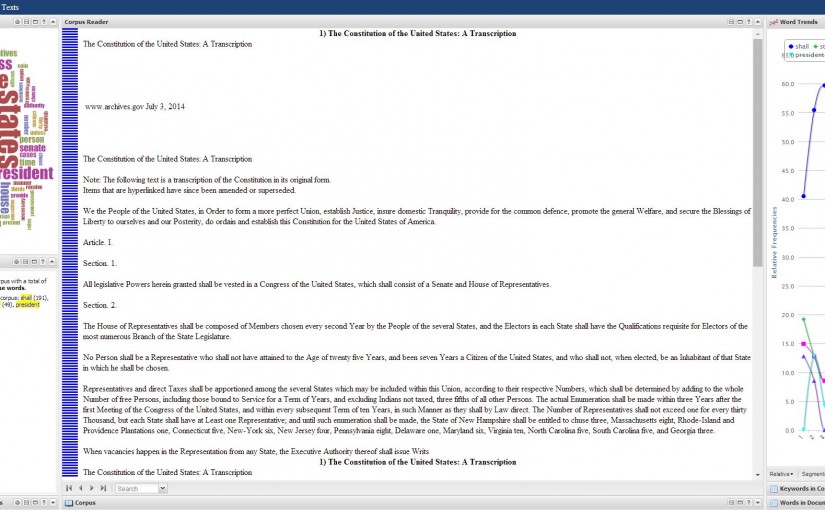My recent work has been away from the tech parts of my project, focussing instead on the literature on poverty and teaching. Surprising to me, most work on how to address poverty in the classroom comes out of k-12 research. For example, Paul Gorski's approach in this article comes closest to the "get it done now and in the classroom" approach that I'm advocating.
Most of the research on poverty in higher ed focusses on student aid (restructuring Pell Grants, for example), support services (early intervention instruments) or psychological interventions to bolster student confidence. All approaches are worthy, though not exactly what I'm doing.
I did reach out to Sara Goldrick-Rab to ask if she'd heard of anyone else working on something like my anti-poverty pedagogy course design principles. Kindly, she responded quickly, noting she wasn't familiar with any similar projects and offering her encouragement and possible assistance down the line. The kindness of strangers . . . .
I did find one though-provoking model of a course-design document titled " Check List for Class Bias and Some Recommended Books" (referenced in Gorski's article above). Published in 1982, the document betrays much of the early culture wars, seeking to root out rather than unpack racist, classist, and sexist texts. Still, the list is structured as a series of open-ended questions, which I like, rather than a bulleted "did you do this" check list. So, if I put my course principles in this format, they'd read something like:
1. What steps have you taken to ensure your electronic resources are available to poor students with uneven access to high-speed internet?
And then I could link examples of responses to this issue. It feels more respectful of the reader to ask a question than to offer an imperative, especially as I won't be able to test if my ideas work until after I've published the course principles. I realized after communicating with Goldrick-Rab that I should be thinking about testing these anti-poverty course design principles, otherwise I'm just working for self-validation, rather than my students' success. The idea that my education ideas could be tested (and found wanting!), well, that bedevils me emotionally. Still, if what I do doesn't work, but to fail fast and move on.
As for poverty and ease, well, there's a special little hell for rich people who read and work on poverty while slurping $4 coffees. Real poverty is harder, I'm not comparing, only pointing out the incongruity I face sometimes. Still, I suppose my analogous life is the one I want my student to have the opportunity to live.
Safe home.
